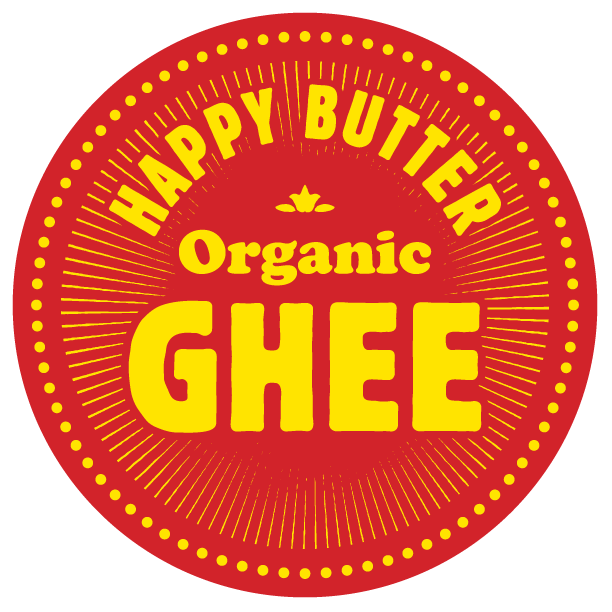Why Choose Ghee Over Olive Oil Or Coconut Oil For Cooking?
When it comes to healthy cooking fats, olive oil and coconut oil are often mentioned as good choices. While they certainly have their merits, there’s another traditional option that deserves a place in your kitchen: organic ghee. So, why might you choose ghee instead of olive or coconut oil?
Which oil has the best cooking performance?
Every oil has a smoke point – the temperature at which it breaks down and produces harmful compounds. Olive oil is best used for drizzling or low-heat cooking, while coconut oil can handle medium heat. Ghee, however, has an impressively high smoke point (around 250°C), making it perfect for frying, roasting, and sautéing without losing its nutritional properties.
How does the flavour of ghee compare to oils?
Olive oil has a fruity sharpness, coconut oil a sweet tropical note – but neither works universally in savoury and sweet cooking. Ghee, with its rich, nutty, and slightly caramelised taste, adds depth to everything from pan-fried salmon to pancakes. It enhances rather than overpowers your dishes.
Are oils or ghee best for special diets?
While olive oil is a Mediterranean staple and coconut oil is popular in vegan baking, ghee is naturally casein- and lactose-free, packed with fat-soluble vitamins A, D, E, and K, and works with Keto, Paleo, Whole30, GAPS, and Ayurvedic diets. It’s a nutrient-dense option that supports modern and traditional lifestyles alike.
Does how the ghee is made matter?
Not all ghee is created equal. At Happy Butter, we make ours the traditional way – cooking organic butter slowly over flame for five to six hours, letting the milk solids caramelise to create a butterscotch aroma, golden colour, and authentic slightly grainy texture. It’s a difference you can taste.
